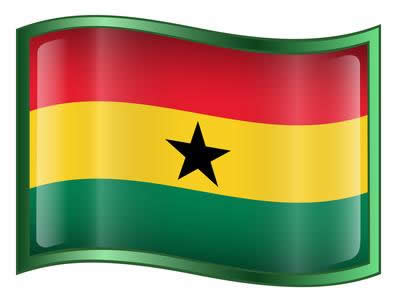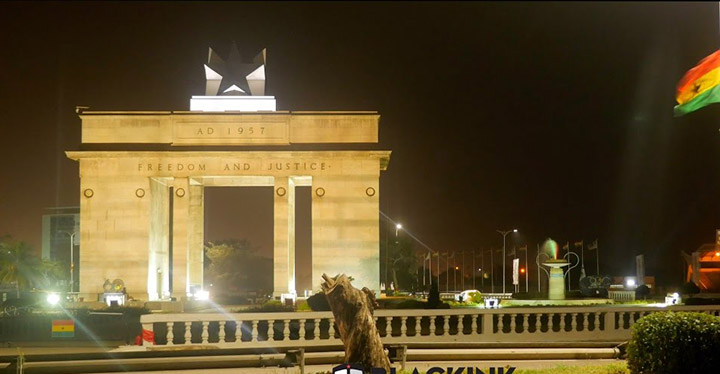In reaction to the Supreme Court ruling on Thursday, the European Union (EU) Delegation to Ghana, has commended the country for its adherence to the rule of law and praised the Court for a job well done. Ambassador Claude Maerten, Head of Delegation, in a press statement copied to the Ghana News Agency, also called on all parties involved to live up to their publicly stated commitments to accept the verdict of the Court.“Today, Ghana's democracy has grown further and is a leading example for all.
Peace and stability are important assets for the sustainable development of Ghana; it is therefore important that all parties also call on their supporters to respect the verdict, remain peaceful and avoid unnecessary provocations”, the statement said.It praised the people of Ghana for the peaceful and democratic manner in which they conducted themselves during last December's election and throughout the legal process.
“The EU stands ready to support the Electoral Commission of Ghana to address the problems that have been exposed in the petition process", said the statement.
Fact is: Ghana Electoral College must be reformed
The European Union (EU) Delegation to Ghana says it is ready to lend out support to the Electoral Commission (EC) to address the problems that were “exposed” during the election petition hearing.In the final verdict of the Supreme Court, one of the nine justices, Justice Jones Victor Dotsey, granted some of the claims made by the petitions and provided a roadmap for future elections.
A statement issued by the office of the EU office in Ghana commended Ghana for adhering to the rule of law and respect for the constitution. It further praised the Supreme Court for the substantive work done.The statement also called on all parties in the petition to live up to their publicly stated commitments to accept the verdict of the Court.
“Today, Ghana's democracy has grown further and is a leading example for all. Peace and stability are important assets for the sustainable development of Ghana; it is therefore important that all parties also call on their supporters to respect the verdict, remain peaceful and avoid unnecessary provocations,” the statement further said.
“In this regard, the EU Delegation commends the people of Ghana for the peaceful and democratic manner in which they have been conducting themselves during the elections and throughout the process,” it concluded.













